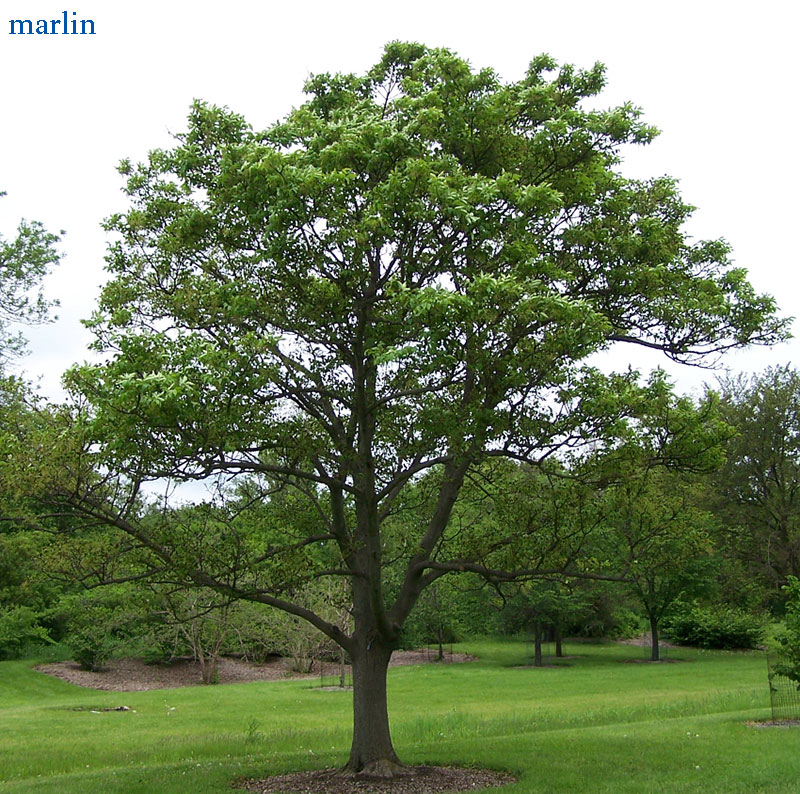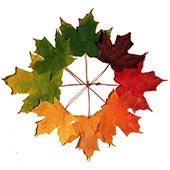Korean Ash – Fraxinus chinensis var. rhynchophylla
Family Oleaceae – Olive, Ash, Lilac and Privet
Also commonly called Chinese Ash
Korean ash is native to ASIA-TEMPERATE
Russian Far East: Russian Federation – Primorye, Sakhalin; China; Eastern Asia: Korea; ASIA-TROPICAL: Indo-China: Vietnam [1]
 This 57-year-old Korean ash at the Morton Arboretum has so far escaped the emerald ash borer (2010)
This 57-year-old Korean ash at the Morton Arboretum has so far escaped the emerald ash borer (2010)
Leaflets 3-7, terminal leaflet broadly ovate to elliptic, sometimes lanceolate, (4-)5-9(-12) — (2.5-)3.5-5(-7) cm, villous to tomentose beside basal part of midrib abaxially, sometimes brownish, margin crenate-serrate, apex short acuminate to acuminate or caudate; primary veins (5 or)6-9 on each side of midrib. Samara narrowly to very narrowly spatulate, 2.5-4 cm — 4.5-7 mm. Fl. Apr-May, fr. Sep-Oct.
Grows on slopes, along rivers, roadsides; 0-1500 m. Gansu, Hebei, Heilongjiang, Henan, Jilin, Liaoning, Shaanxi, Shandong, Shanxi [Japan, Korea, Russia]. The wood is used for cabinet making.” — Flora of China [2]
Ash trees in the American midwest are rapidly falling victim to the emerald ash borer beetle invasion, first detected in the early 1990s. Millions of trees have been destroyed in the Chicago suburbs and other widespread locations in an effort to stem the tide. However, the beetle is spreading and it appears little can be done to prevent it from broadening its range.
I lost the single biggest plant on my property in 2007, a huge ash tree that shaded the front of my house.
References
- USDA, ARS, – (GRIN) (20 February 2011), “Genus: Fraxinus L.”
- www.efloras.org, Flora of China, “F. chinensis var. rhynchophylla“
Family Oleaceae – Olive, Ash, Lilac and Privet
Trees Index | Pine Family | Beech, Oak | Nut Trees | Birch Family | Magnolias
Tree Encyclopedia / North American Insects & Spiders is dedicated to providing family-friendly educational
resources for our friends around the world through large images and macro photographs of flora and fauna.

